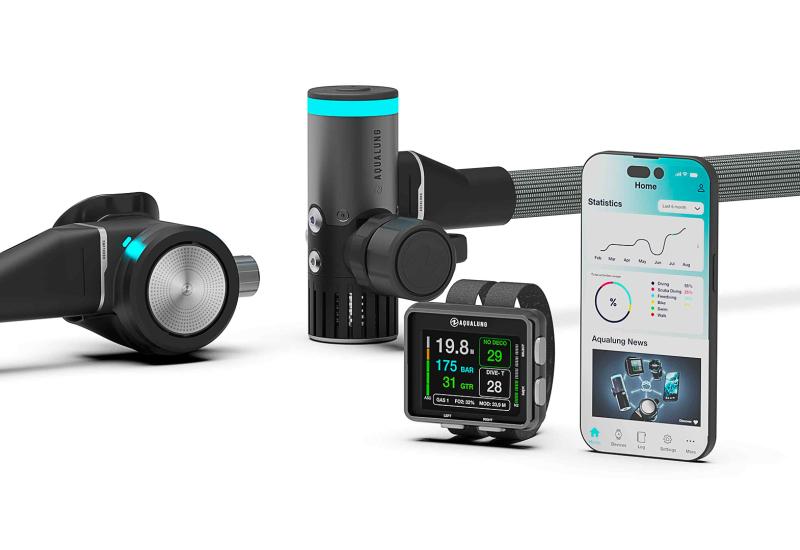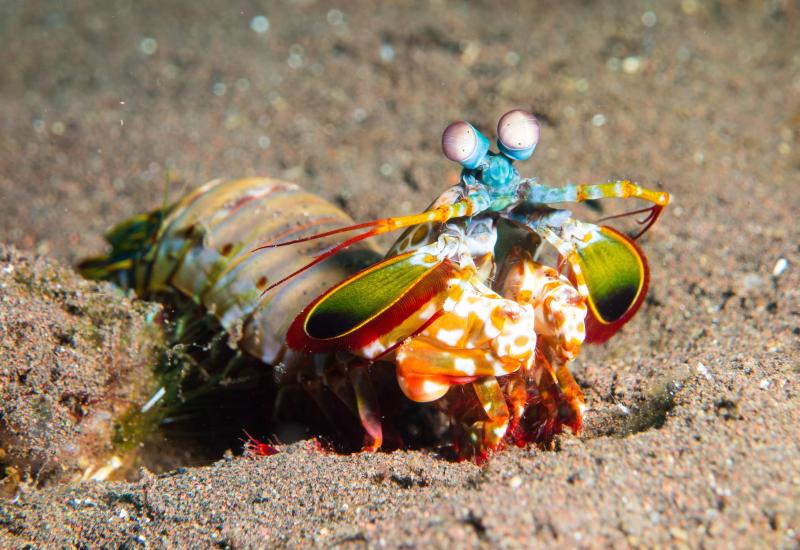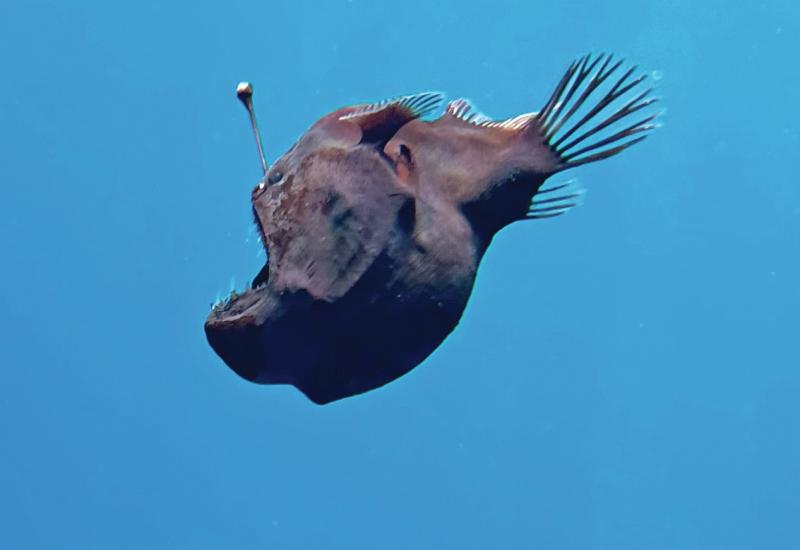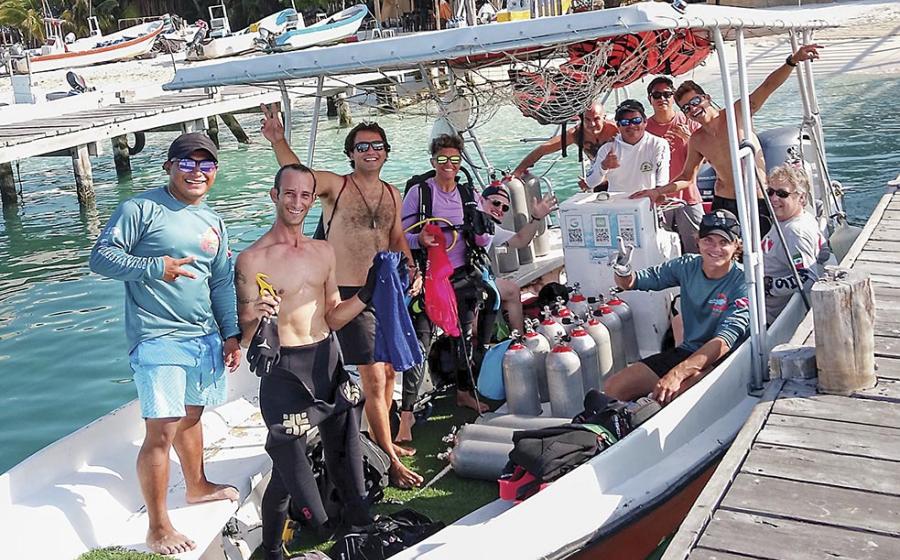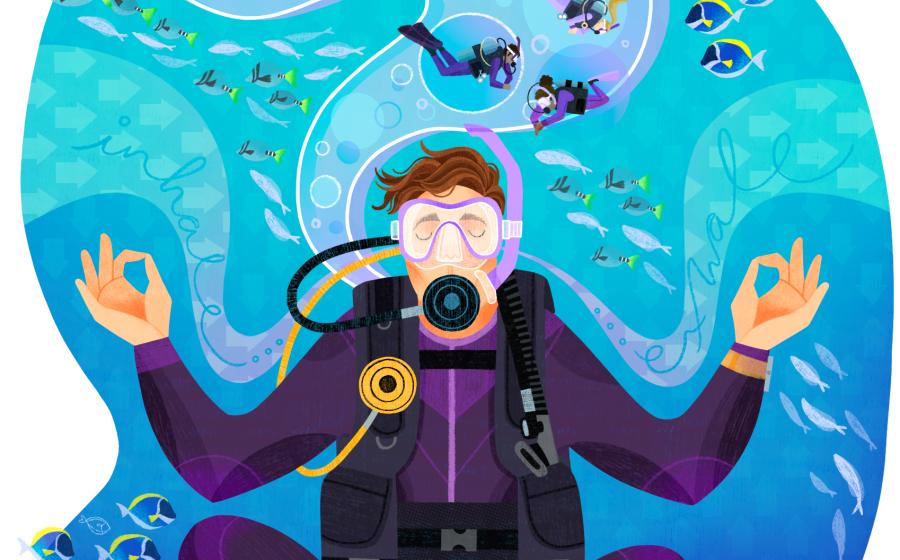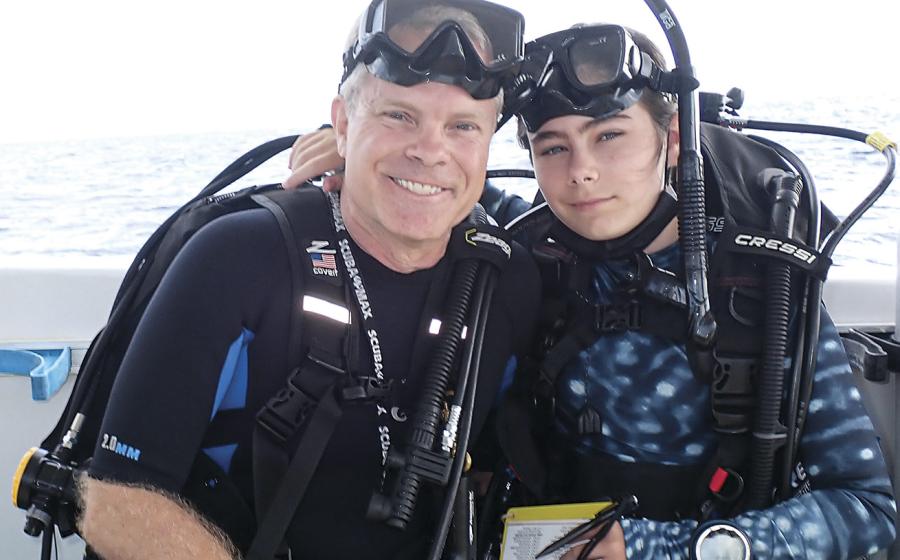How Can I Help After an Oil Spill?

Shutterstock.com/mikeledrayOil accrues offshore of Huntington Beach, California after the oil spill in early October.
The answer here is simple, if perhaps not especially inspiring—complex global problems are unlikely to be solved by voluntary individual actions. They require systemic change. The whole concept of the “carbon footprint” was invented by BP so that you’d think about how much CO2 you use, and not how much they use.
I’ll get to what you can do to help after an oil spill in a moment here since that’s what you asked about, but I’m personally more interested in stopping the next oil spill. How do we stop future oil spills? The answer here is also pretty simple: we should stop drilling for oil. If we are to avoid the worst effects of climate change, the science is clear that we need to leave most of the oil (and coal) in the ground as part of a massive, all-hands-on-deck effort to decarbonize the economy and invest in clean energy alternatives. A nice side effect of plans to make the planet livable for future generations and provide millions of high-paying jobs is that if we’re not drilling for oil anymore, we’ll also have fewer oil spills.
There’s just such a plan being debated in Congress right now, October 2021, and it’s been called the “last best chance for decisive climate action," I urge you to call your Congressional representatives and sign and share this Ocean Conservancy petition. If you’re an ocean-loving SCUBA diver, I also encourage you to vote for elected officials who support ocean conservation (including but not limited to climate change issues,) and to not vote for elected officials who oppose these things.
Now to what you personally can do to help after an oil spill. Cleaning up such a disaster is hard work and needs lots of help, so you’re in luck. If you’re in California, the Department of Fish and Wildlife is asking for volunteers, who will receive safety training before helping to clean the beaches of spilled oil. You can also donate to support non-profits working to clean up the oil, like Surfrider, for which you can also volunteer. Groups like the Wetlands and Wildlife Care Center are working to help animals hurt by the spill, and they could also use your donations. Local news reports stress that if you do not have appropriate training and equipment, you should NOT attempt to approach injured wildlife yourself. Call (877) 823-6926 to report the sighting to the UC Davis Oiled Wildlife Care Network.
Volunteering (or donating to help organizations working on the ground) can help to clean up after an oil spill. But I sure hope that we decarbonize the economy, stop drilling for oil, and stop having to worry about oil spills to begin with. Remember that there’s no such thing as a solar energy spill. We just call that a nice sunny day.
About Dr. David Shiffman
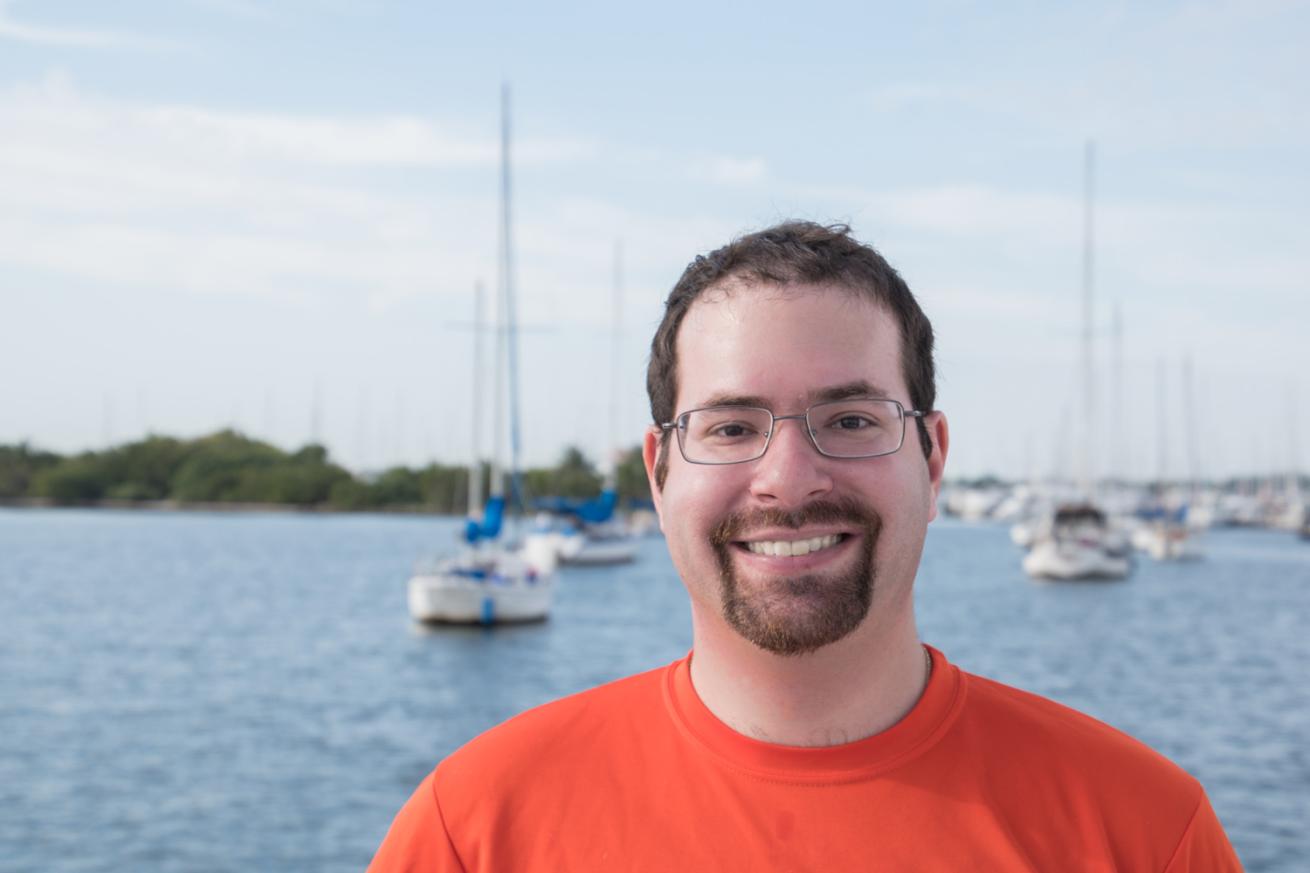
Josh LibermanDr. David Shiffman
Dr. David Shiffman is a marine conservation biologist specializing in the ecology and conservation of sharks. An award-winning public science educator, David has spoken to thousands of people around the world about marine biology and conservation and has bylines with the Washington Post, Scientific American, New Scientist, Gizmodo and more. Follow him on Twitter, Facebook and Instagram, where he’s always happy to answer any questions about sharks.
The views expressed in this article are those of David Shiffman, and not necessarily the views of Sport Diver or Scuba Diving magazines.


